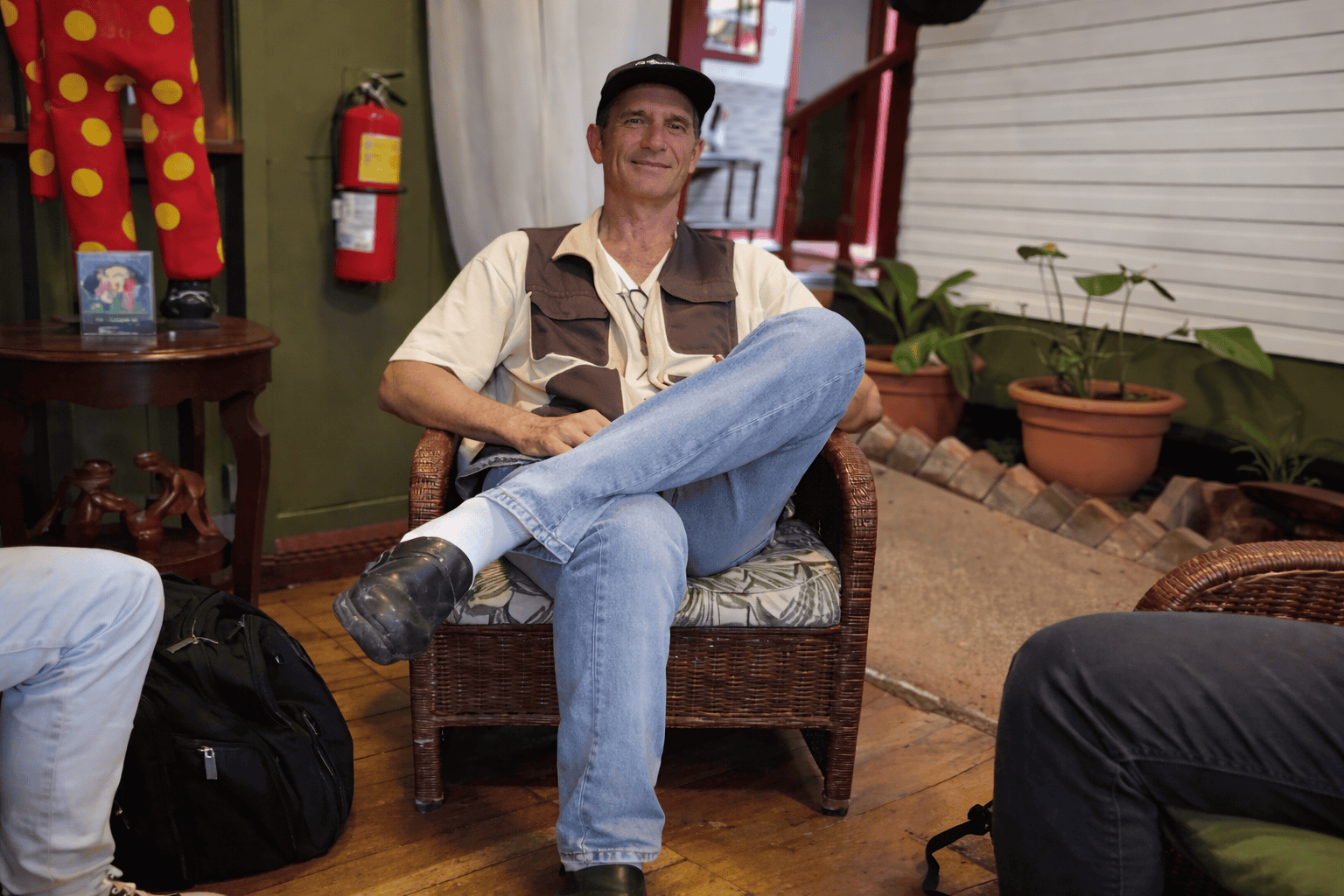Richie Kates
Upon his passing, a tribute to the boxing legend, one of Cumberland County’s finest citizens.

In May of 1976, Bridgeton’s Richie Kates fought for the WBA light-heavyweight title in South Africa against Victor Galindez of Argentina. The boxing magazine, The Ring, gave an almost blow-by-blow description, including the controversial third round when an accidental head butt resulted in a T-shaped cut above Galindez’s eye, with blood spurting out.
At that point, the referee called a time-out and Galindez went to his corner where his team worked on the cut to stop the bleeding. The ring filled with people, many thinking the fight had ended, that Galindez had thrown in the towel. By all rights, Kates should have been declared the winner. But after 15 minutes the referee cleared the ring and let the match resume. Galindez won.
“The controversy still lingers,” boxing writer Dave Bontempo said in an SNJ Today documentary entitled “Richie Kates: An Uncommon Journey.”
Uncommon indeed. Kates fought four times in South Africa when apartheid still ruled that country. In May 1975 he took on Pierre Fourie in the first interracial fight in South Africa. Kates won.
The title belt should have been his but Kates did not raise much of an issue over the decision. The way he handled himself in the ring spoke volumes about the kind of person he was. Father, grandfather, father figure to so many others in and out of the ring. Kates passed away March 11 at the age of 69. At the time of his death, he and his wife Gloria lived in Vineland. He served as a deacon in Union Baptist Temple in Bridgeton and sang with the men’s choir. He leaves Gloria and five grown children.
Kates fought Galindez again in a rematch in Rome but lost that as well. Kates continued fighting, continued winning but by age 30 in 1983, he called it quits, finishing his career 44-6. He fought in Atlantic City, Philadelphia, Baltimore and around the world.
But it’s the first Galindez fight that left an indelible image “While there is no question in my mind that he would have won a world title had he been fighting today, he competed during an era in which the light-heavyweight division was deep with talent,” said Bill Tibbs of Maxboxing.com.
“Richie fought during what was the best era of light-heavyweights in history,” said promoter Russell Peltz. “The current light-heavyweights are good fighters, but they wouldn’t have the records they have if they were facing the guys from the 1970s and early ’80s,” he told Tibbs in the article.
For all his worldly travels, Kates was a product of Bridgeton and never forgot that, said Mayor Albert Kelly in an interview. “Richie represented Bridgeton. He rose from the community to world stage really. We’re all proud of him.”
Kates had a special dedication to boxing, Kelly said. He used to hitchhike from Bridgeton to Millville to train.
Kelly noted that Bridgeton named a street for Kates: Richie Kates Way. “We’re glad he was able to live to see it. He earned that respect.”
In this day and age, he’d have more than one belt, Bontempo said in the documentary.
Kates took up boxing at age 12, learning the ropes in a gym in Millville. He turned pro at 16, lying to get permission to step into the ring. He won his first 18 bouts, six by knockout. He lost his first fight in 1972 to Eddie Red Top Owens.
Sportswriter John Sbrana said in the documentary. “He committed himself to public service.”
Kates worked at local gyms to develop young fighters. He volunteered at Next Level Boxing Gym in Vineland.
In addition to training and boxing, Kates worked as recreation director at Leesburg State Prison, later to become Bayside Prison. He expanded his outreach to other state prisons and the county prison as well, becoming a sought-after mentor to young inmates.
Kates also worked for Cumberland County and the State of New Jersey in numerous capacities for 35 years until his retirement in 2008. At the Cumberland County Sheriff’s Department, he worked as Recreation Supervisor. He worked for the Department of Human Services as a senior therapy program assistant at Ancora Psychiatric Hospital and NJ Veterans Memorial Home at Vineland.
His positions at the Department of Corrections included assistant recreation supervisor, recreation supervisor, and hearing officer. He retired from Southern State Correctional Facility as a program development specialist in 2008.
He coordinated the Vineland Police Athletic League boxing program, volunteered as a coach/trainer, and was a member of the Cumberland County Recreation Committee.
“When I look back on my career, I’m proud of what I’ve done.” Kates said in the documentary. n
See doculmentary, “Richie Kates: An Uncommon Journey,” on the Follow South Jersey YouTube Channel at m.youtube.com/watch?v=OHmy2LuieWE





